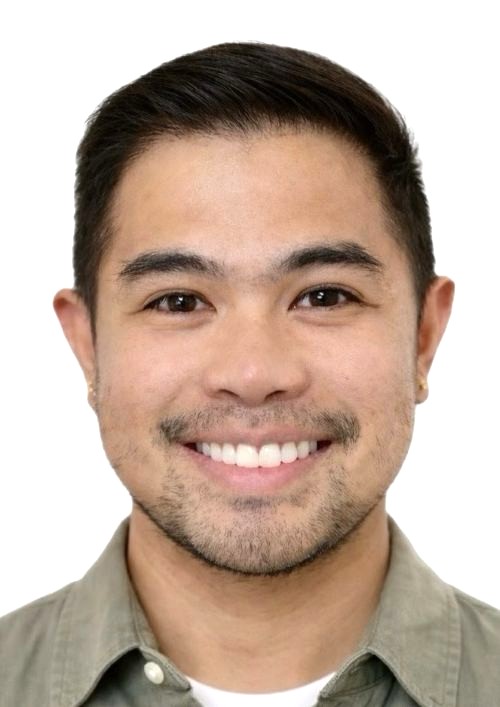Welcome to Boonah and Kalbar Medical Centres
Your health is our priority. Our dedicated team of doctors and support staff are here to provide you with the highest quality of care. We offer a wide range of services to meet the needs of our community. Please use the menu on the left to navigate the site and find the information you need. You can view available appointments here. To make an appointment, please call us on 54631200
Posted 18th January 2026
Introducing Doctor Mark Roxas M.D, B.Sc.

Dr Mark is a friendly General Practitioner who enjoys building long-term relationships with patients and families. He has practised in Australia for three years and is currently completing his GP training.
He sees patients of all ages, with interests in chronic disease management, mental health, men's health, and practical, sustainable lifestyle change.
After training in the Philippines, Dr Mark gained broad experience across emergency and critical care, rehabilitation, geriatrics, and general medicine, working in regional Albury-Wodonga and predominantly at Austin Health in Melbourne. He is also registered in the UK and previously worked as a registered nurse.
Outside work, he enjoys the gym, badminton, ultimate frisbee, volleyball, and musicals, and is a proud pet parent to two cats in Australia and a dog in the Philippines.
Posted 6th October 2025
Organizational Response to Kalbar Patient Feedback Survey 2025
We sincerely thank all 60 of our patients who participated in the Patient Feedback Survey 2025. Your feedback is invaluable as we continuously strive to improve the care and services we provide at Boonah and Kalbar Medical Centres.
We are pleased to note the overall positive feedback regarding the quality of care and the professionalism of our clinical and administrative teams. Specifically, high scores were received for the clinical team's attentiveness, caring demeanor, and the comprehensive information provided, with 94% of patients agreeing the clinical team paid attention to what they had to say and 93% feeling their questions were answered.
However, we also acknowledge the areas identified for improvement, particularly concerning "Everything ran on time," "I am able to see a doctor quickly when I need to," and "I am able to see the doctor of my choice." We understand the importance of timely access to care and the ability to consult with your preferred doctor.
We want to address the challenges related to doctor availability, particularly at our Kalbar surgery. We recognize that occasional medical manpower shortages can disrupt service and we acknowledge the organizational and reputational risks this presents. We sincerely apologize for any inconvenience or concern this may cause our valued patients.
Please be assured that addressing these staffing challenges is a top priority. We are actively engaged in ongoing recruitment efforts to secure additional qualified General Practitioners to ensure consistent and reliable access to care across both our Boonah and Kalbar locations. We are committed to minimizing disruptions and enhancing your ability to access our services when you need them.
We are taking your feedback seriously and are exploring various strategies, including those suggested in the survey, such as providing estimated waiting times, improving communication regarding delays, and exploring options for spare appointments and standby lists.
Thank you again for your constructive feedback. We are dedicated to providing the best possible healthcare experience for our community.